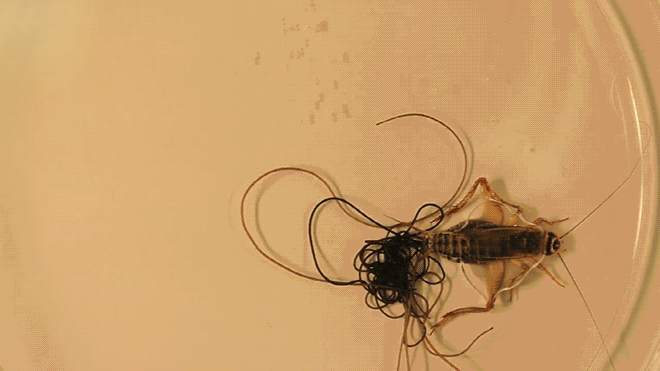

The response to isoleucine is a parasite strategy rather than solely the consequences of a constraint imposed by host rhythms, because unlike when parasites are deprived of other essential nutrients, they suffer no apparent costs from isoleucine withdrawal. Results: Our large-scale metabolomics experiment and follow up experiments reveal that only one metabolite - the amino acid isoleucine – fits criteria for a time-of-day cue used by parasites to set the schedule for replication.

We then test whether perturbing the availability of the best candidate nutrient in vitro elicits changes their schedule for asexual development. We perturb the timing of rhythms in asexual replication and host feeding-fasting cycles to identify nutrients with rhythms that match all combinations of host and parasite rhythms.

Methods: We infect female C57BL/6 and Per1/2-null TTFL clock-disrupted mice with 1×105 red blood cells containing P. Here, we demonstrate that the Plasmodium chabaudi’s schedule for asexual replication can be orchestrated by isoleucine, a metabolite provided to the parasite in periodic manner due to the host’s rhythmic intake of food. Background: Rapid asexual replication of blood stage malaria parasites is responsible for the severity of disease symptoms and fuels the production of transmission forms.


 0 kommentar(er)
0 kommentar(er)
